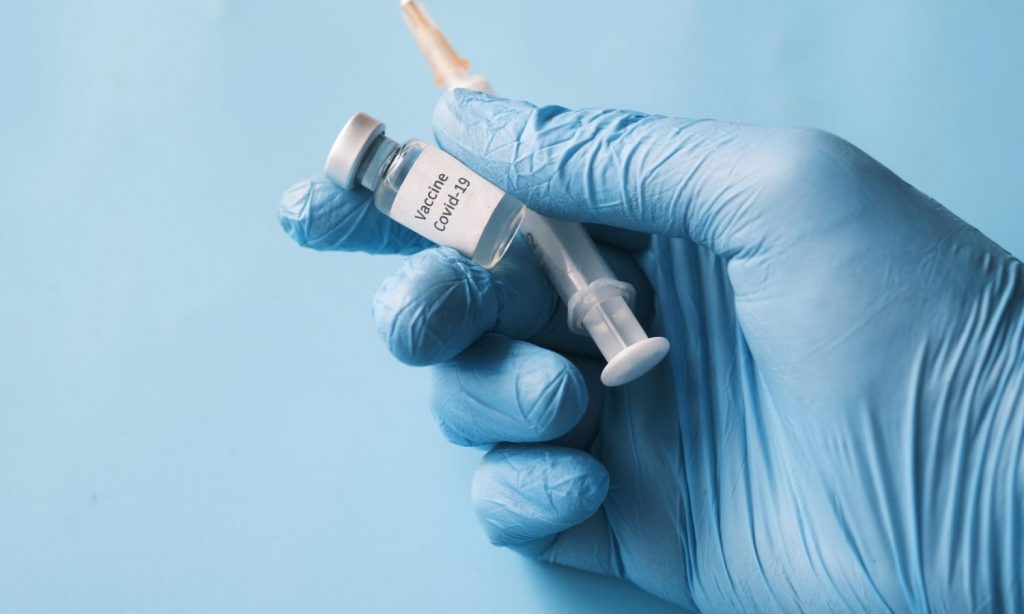
This is the reason why Omicron is less heavy according to studies
Omicron is causing a huge wave of new COVID-19 cases, but scientists have found that the effects of such a contagious disease are milder than expected. New animal studies suggest why this might happen, and it’s mainly because Omicron is less harmful to the lungs compared to previous variants.
In studies on mice and hamsters, the Omicron variant was found to be less likely to cause harmful infections. The disease appears to be limited to the nose, throat, and windpipe. The damage to the lungs was much less than previous variants and was the main threat of the COVID-19 pandemic.
RELATED: Experts Now Recommend Wearing This Type Of Face Mask
Photo by Jakayla Toney via Unsplash
The study, conducted by Japanese and American researchers, compiled data on hamsters and mice infected with Omicron and previous variants of COVID-19. Rodents with Omicron suffered less lung damage, lost weight, and were less likely to die than rodents with previous variants of the virus.
“The result of all of the mutations that set Omicron apart from previous variants is that it may have altered its ability to infect different types of cells,” Deenan Pillay, professor of virology at the University College of London, told The Guardian.
“In essence, it appears to be better able to infect the upper respiratory tract – cells in the throat,” he explained. “It would multiply there more easily in cells than in cells deep in the lungs. That’s really preliminary, but the studies point in the same direction. ”With more viruses in the throat, it would make sense as to why Omicron is more transmissible and quickly jumps from person to person.
 Photo by Towfiqu barbhuiya via Unsplash
Photo by Towfiqu barbhuiya via Unsplash
These animal studies provide solid evidence that Omicron is less harmful than previous variants, which was only speculation by researchers and people following the skyrocketing cases and small increase in hospital stays. It has also made people question the way they do their COVID-19 tests at home, with some experts suggesting that wiping the throat opposite the nose could produce more accurate results.
RELATED: Here’s What To Do If You Test Positive for COVID-19
Although more study is needed to draw definitive conclusions, this trend is insightful and has been shown in a multitude of studies and could change the way the world treats the Omicron variant.

Post a comment: